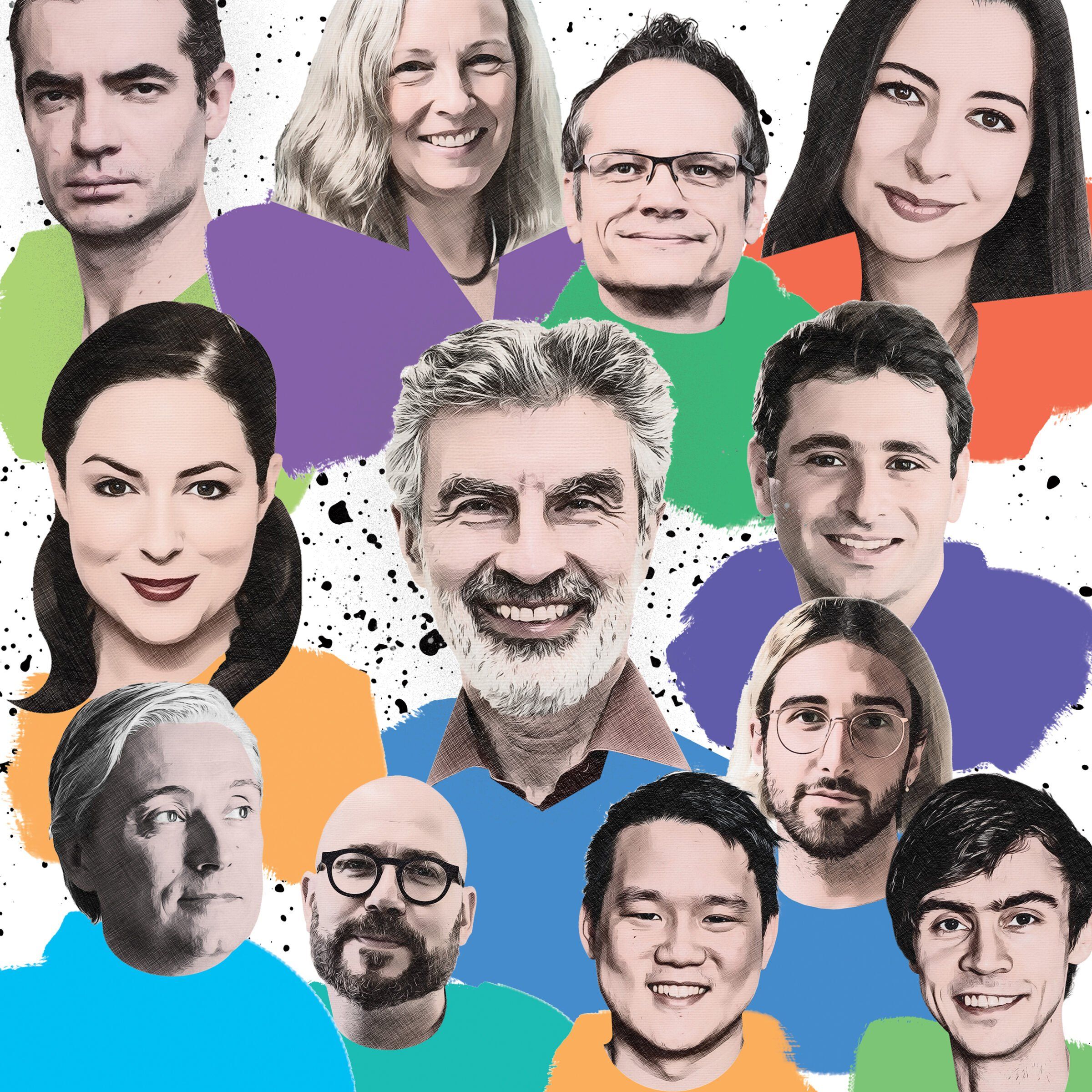
Share
April 1, 2024
1. Yoshua Bengio | Founder and scientific director, MILA
As one of the godfathers of AI, Bengio unleashed an age-defining innovation. Now he’s trying to tame it.
When ChatGPT, DALL-E and other generative AI products went mainstream in 2022, some people thought the sky was falling. The technology could wipe out millions of jobs, make creativity a thing of the past, even destroy democracy, they said. For Geoffrey Hinton and Yoshua Bengio, two of the Canadian scientists whose pioneering research made those tools possible, the news was even more dire. Generative AI, they argued, was a harbinger of imminent artificial general intelligence—AI that’s capable of doing any cognitive task that we can. Soon enough, AGI would become superintelligent and, left unchecked, could spell the end of humanity. Bad actors could weaponize AI, or even more catastrophically, AI could weaponize itself.
2. Ilya Sutskever | Co-founder and chief scientist, OpenAI
For making sure smarter-than-human AI programs stick to our scripts
A former protégé of Geoff Hinton’s at the University of Toronto, Sutskever went on to co-found OpenAI, creator of generative AI market-cornerer ChatGPT and the text-to-image platform DALL-E. In 2015, he was tapped as OpenAI’s chief scientist; lately, he’s spent his time trying to prevent future artificial general intelligence from going rogue, alongside Bengio, Hinton and other AI experts. Last July, Sutskever launched OpenAI’s Superalignment team, led by himself and head of alignment Jan Leike, dedicating 20 per cent of the company’s computing power to solving the problem. Sutskever’s goal is to address some of the core technical challenges of superintelligence alignment—for example, ensuring that smarter-than-human AI programs follow human intent. And he’s aiming to do it within four years.
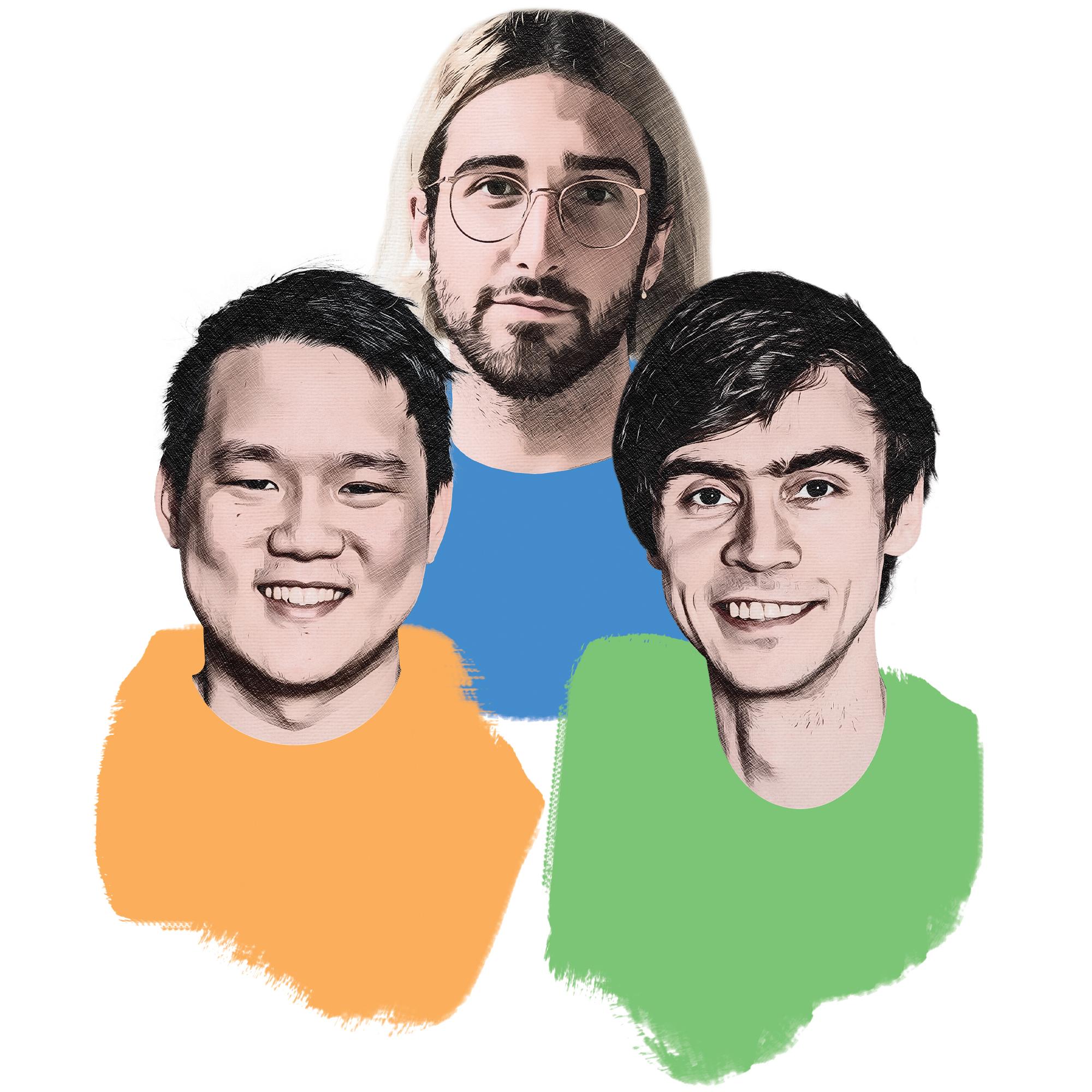
3. Ivan Zhang, Aidan Gomez and Nick Frosst | Co-founders, Cohere
For providing OpenAI with some Canadian competition
This superintelligent trio is behind the Toronto-based startup Cohere, which specializes in AI for business. They kicked the year off with a bang, entering into talks to raise between $500 million and $1 billion in fresh capital. Cohere’s already a major player in the AI space: with investment from Nvidia and Oracle and clients such as Amazon Bedrock, it’s essentially the Canadian equivalent of OpenAI. The new money, reportedly earmarked for recruitment and sales, should take it to a whole new level. It’s already claimed victory in one respect: this past March, Cohere opened a new office in New York. OpenAI’s still scouting spaces.
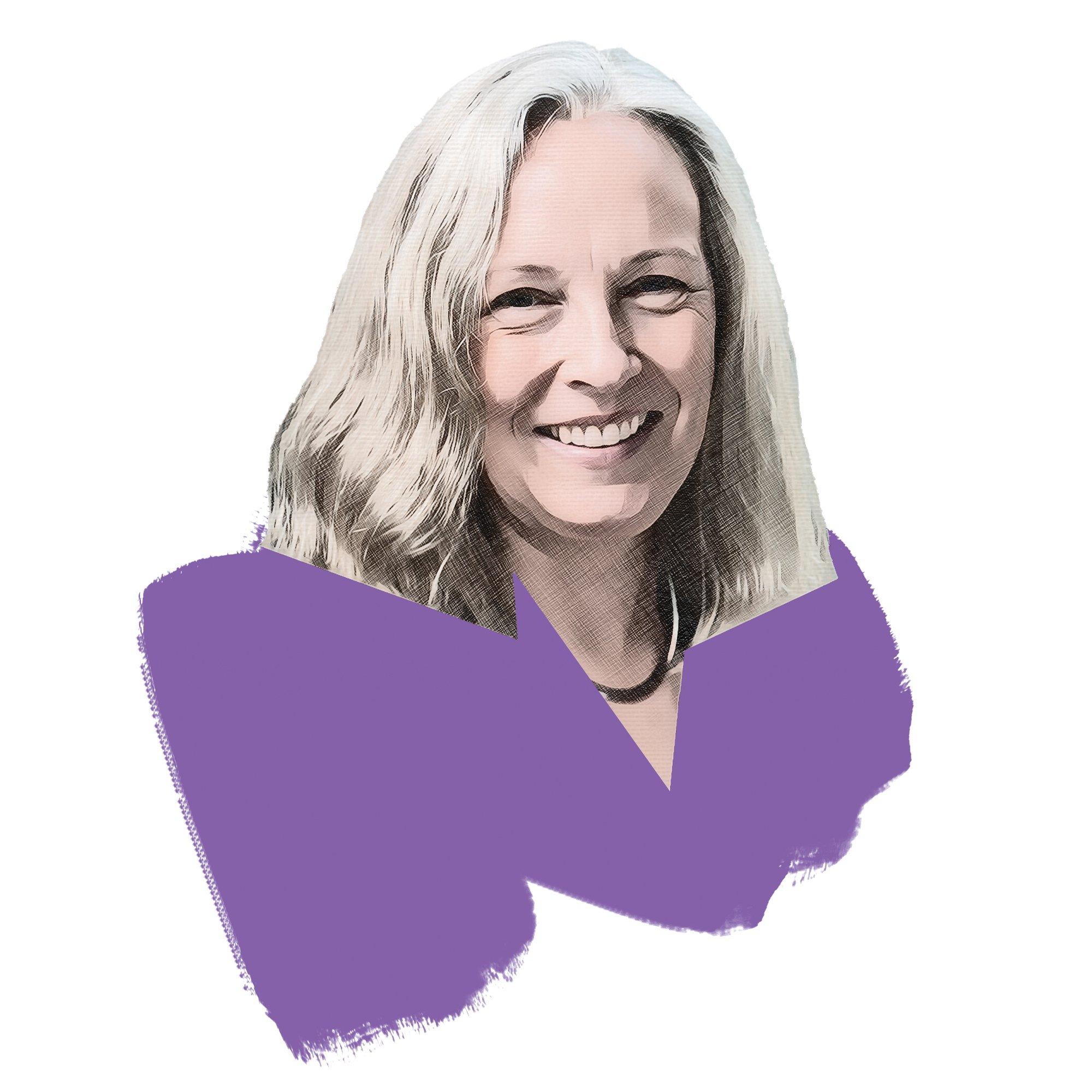
4. Gillian Hadfield | Director, Schwartz Reisman Institute of Technology and Society
For asking moral questions of machines (and their users)
The newly opened, $100-million Schwartz Reisman Innovation Campus, Toronto’s latest home for AI research, looms over Queen’s Park, a beacon of innovation and possibility. Gillian Hadfield, one of the heaviest hitters in that tower, is a titanic figure herself: she’s director of the Schwartz Reisman Institute for Technology and Society, a Schmidt Futures senior fellow and somehow also has the time to work as a professor of law and strategic management at U of T. One research area that Hadfield’s currently focused on is how to better align AI with human values. Her researchers are exploring, among other massively thorny problems, who controls technology? And another thing: who is controlled by it?
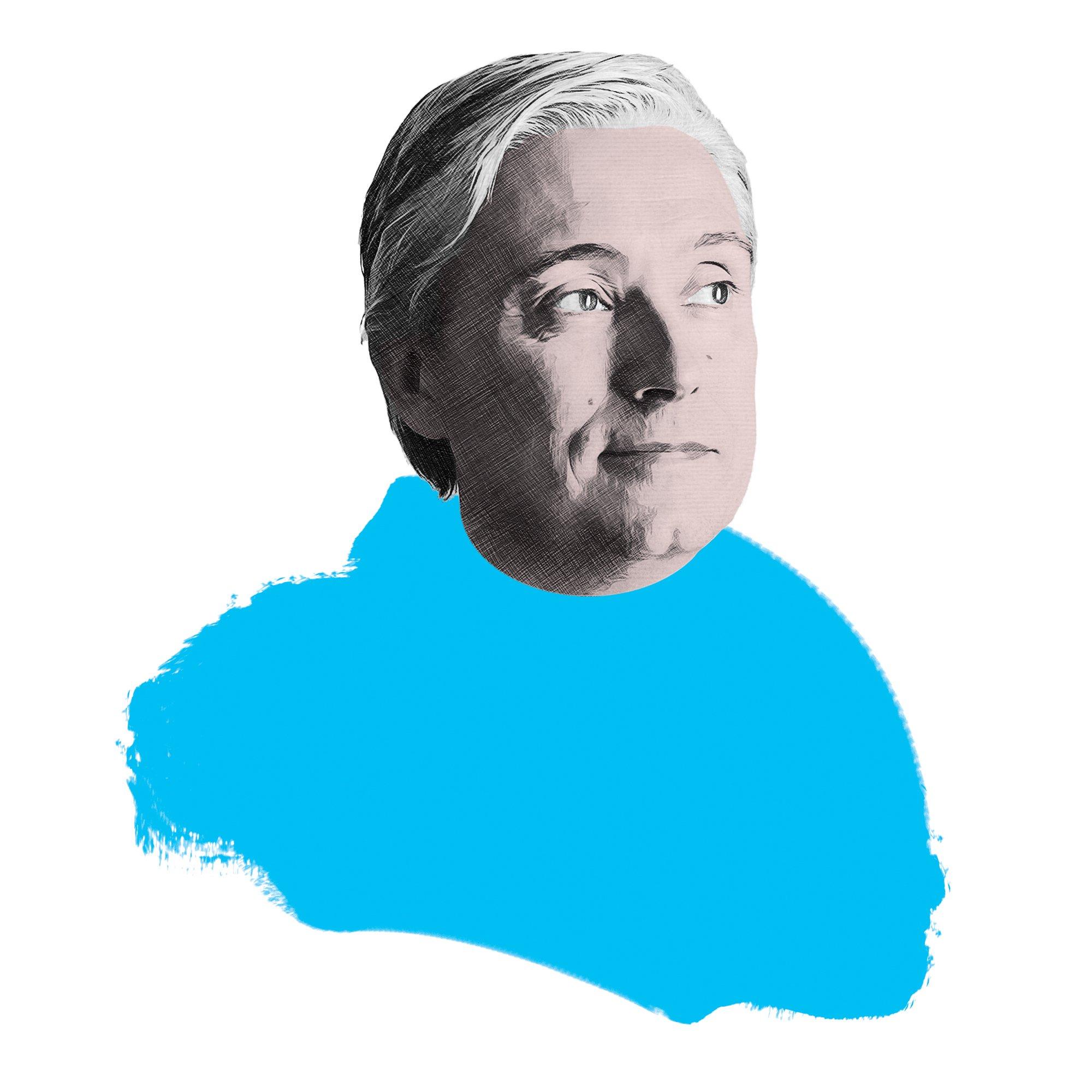
5. François-Philippe Champagne | Minister of innovation, science and industry
For making real headway on the regulation front
Canada has long been the epicentre of global AI research. If François-Philippe Champagne, minister of innovation, science and industry, has his way, we’ll stay there. Last fall, he launched a code of conduct on the responsible development and management of generative AI systems. Its principles include guidelines for malicious use, biases and security. Compliance is voluntary, but it’s still a big step in the right regulatory direction. This past February, Champagne boosted the industry’s access to computing power, signing a letter of intent with American AI chips and systems powerhouse Nvidia. While we won’t be making our own chips anytime soon, that relationship should secure a necessary supply.
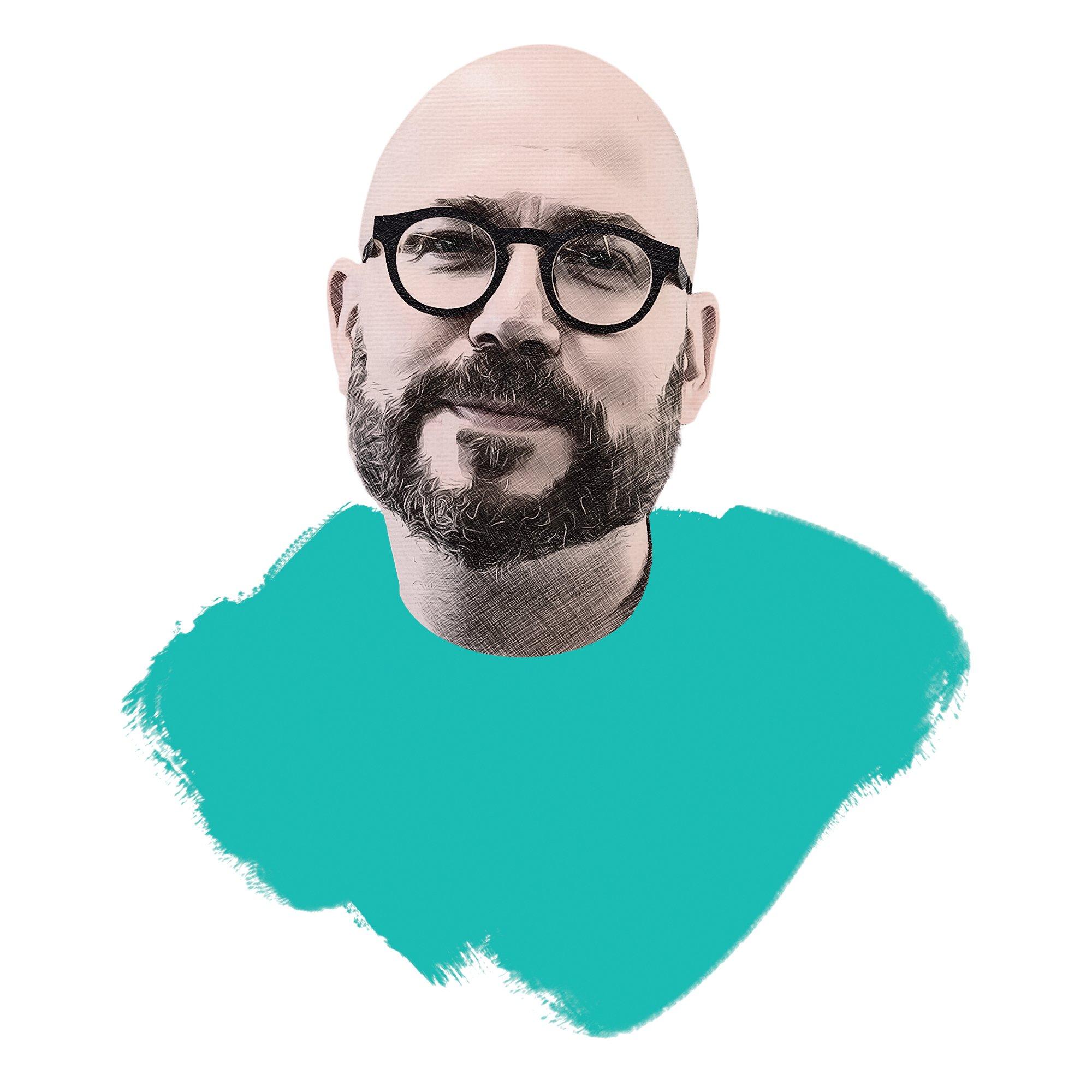
6. Alán Aspuru-Guzik | Director, Acceleration Consortium
For using AI in myriad medical discoveries
The most thrilling application for AI might be developing cures for previously incurable diseases. In January of 2023, Alán Aspuru-Guzik, director of U of T’s Acceleration Consortium, took us one giant step closer toward that goal by leading a team that used AlphaFold—an AI-powered protein structure database—to design and synthesize a drug for liver cancer in just 30 days. Success breeds success, of course: three months later, the consortium received a $200-million federal grant, the largest ever given to a university, designed to supercharge the research. In turn, the Consortium allocated some of that funding to 12 new research ventures across U of T, including ones developing new materials for hip replacements and robotic mRNA therapy delivery.
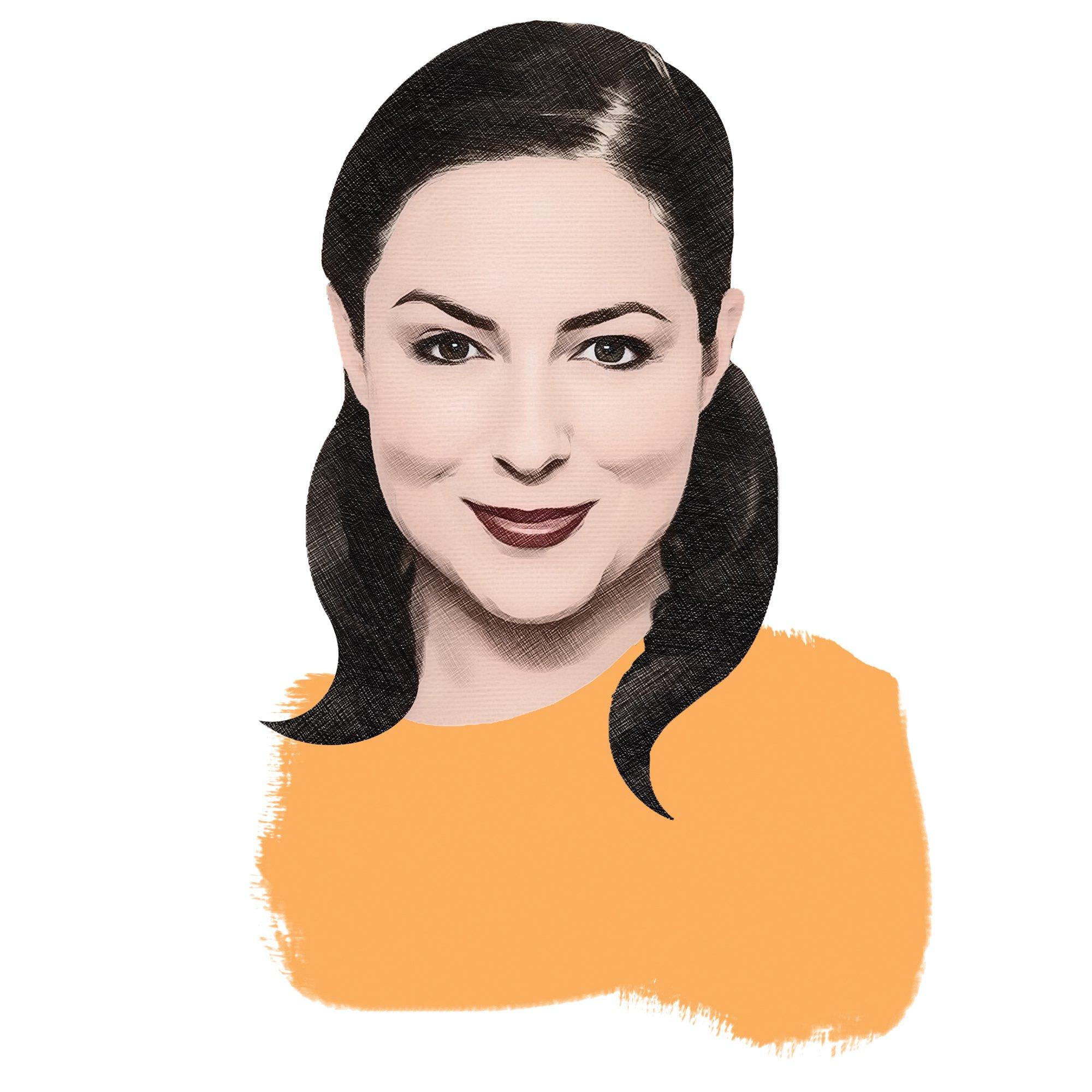
7. Shelby Austin | CEO and co-founder, Arteria AI
For helping businesses enter the digitized age
The head of Arteria AI came up through Deloitte Canada, where she learned exactly how machine learning could reduce costs and maximize returns. While there, Austin pioneered some award-winning AI-powered contract lifecycle management software—hardly the sexiest phrase in the English language, but the tech promises to revolutionize the way legal and financial agreements of all kinds are created and handled. (According to Forbes, law firms, in particular, have forfeited billions to rival firms quicker to digitize their documents.) Austin’s software became its own standalone fintech company, Arteria, in 2020, with a number of global Tier 1 banks, including Citi, adopting it. Last fall, the firm secured US$30 million in Series B funding. Its total to date? US$50 million.

8. Mark Daley | Chief AI officer, Western University
For putting AI to work in the classroom
Last October, Western named Mark Daley its first-ever chief artificial intelligence officer, the first such position at any Canadian university. Daley, a computer science prof, was already a big brain on campus: as the school’s digital officer, he’s held cross-appointments in a few departments, like electrical engineering and epidemiology. Daley’s convinced that, within 20 years, AI will completely transform our world, and he’s quickly doing the same in his particular corner of it. Since his appointment, he’s launched more than 30 pilot AI projects that automate auditing processes, develop new humanities courses and more. Unlike some academics, he’s not fretting over ChatGPT; to him, AI is a tool no different than calculators and computers. The sooner students learn how to (properly) use it, the better.

9. Patricia Thaine | CEO, Private AI
For trumpeting (and reducing) AI’s dangers
Along with job loss and killer robots, privacy remains one of the public’s biggest bugaboos when it comes to AI. Private AI, co-founded by Patricia Thaine in 2019, has done a lot to allay that fear with a wide range of products that can protect organizations of any size and type—from hospitals to non-profits—from data and identification theft. In 2022, the company landed US$8 million in Series A funding to bankroll European expansion, and more recently, Thaine’s taken up the cause from a different kind of pulpit. Last fall, she published impassioned op-eds in Forbes calling for greater vigilance and industry responsibility around cyberbullying, plagiarism and child-specific privacy concerns, including Snapchat’s My AI, a friendly chatbot that some experts initially worried was unsafe for kids.
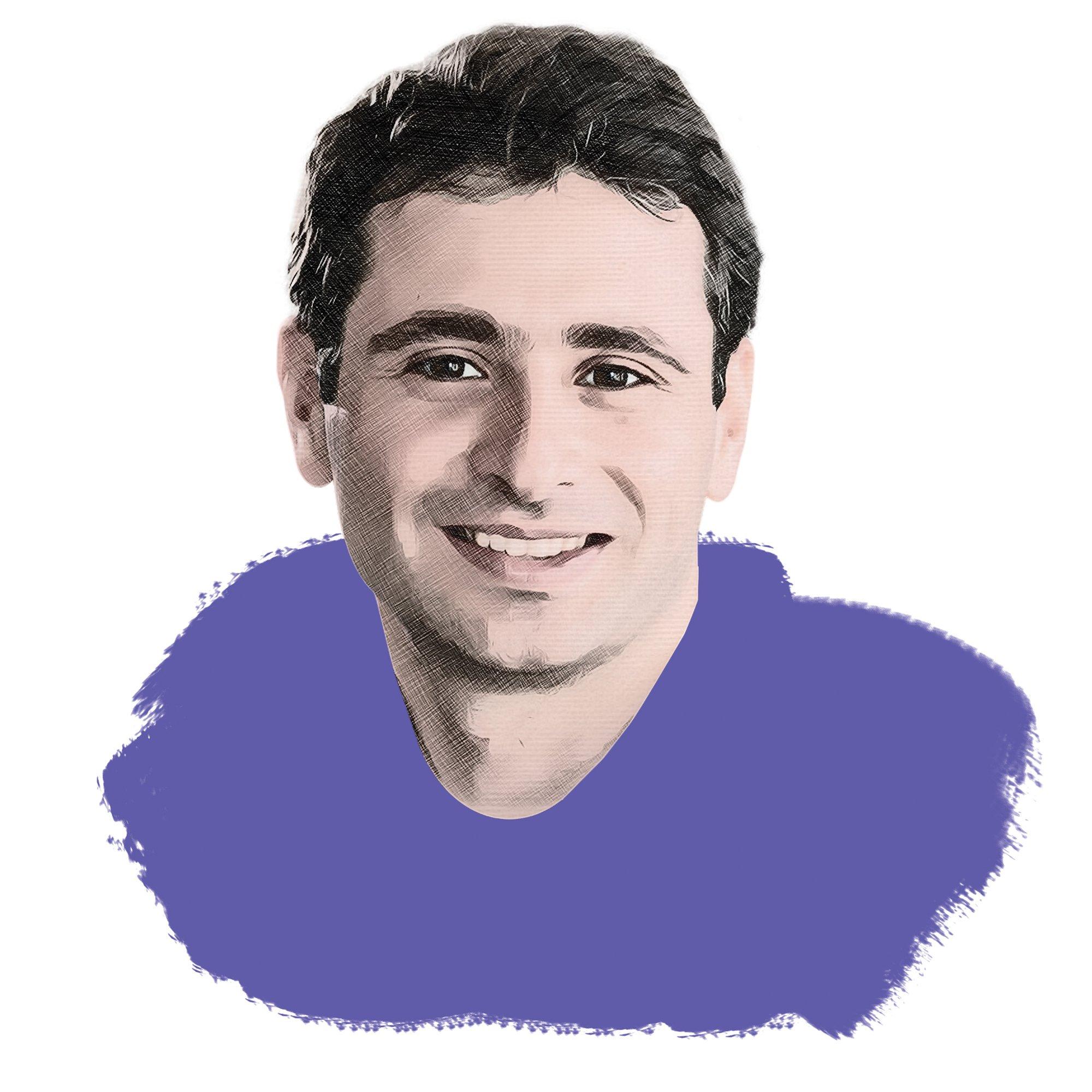
10. Mohammad Norouzi | CEO and co-founder, Ideogram
For making AI pictures look like the real thing
The race to create the best AI-generated images got a lot more heated this past February. That’s when the Toronto-based startup Ideogram, co-founded by Mohammad Norouzi in 2022, released Ideogram 1.0, billing it as its most advanced text-to-image model out there. Not content to simply make its images more photorealistic or render text more faithfully, Ideogram has also taken the work out of writing a prompt. Its creative assistant, Magic Prompt, can transform the most basic instructions—
a string of emojis, for example—into a highly detailed result, allowing for the generation of more complex, specific and accurate images. Recent Series A financing—$80 million, to be precise—suggests Norouzi and team are on the right track. (And possibly giving DALL-E a run for its money.)
This story appears in the May issue of Maclean’s. You can buy the issue here or subscribe to the magazine here.